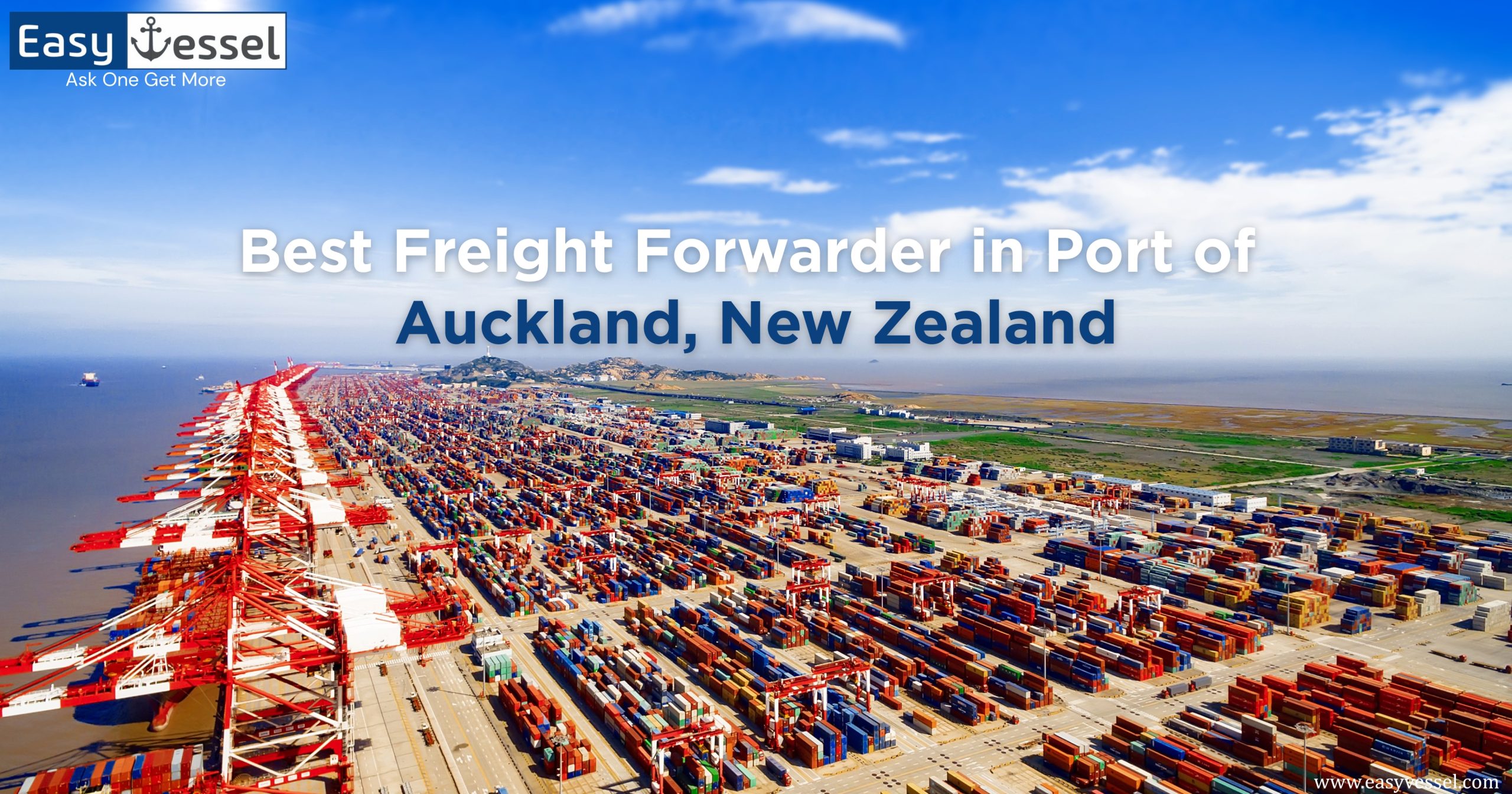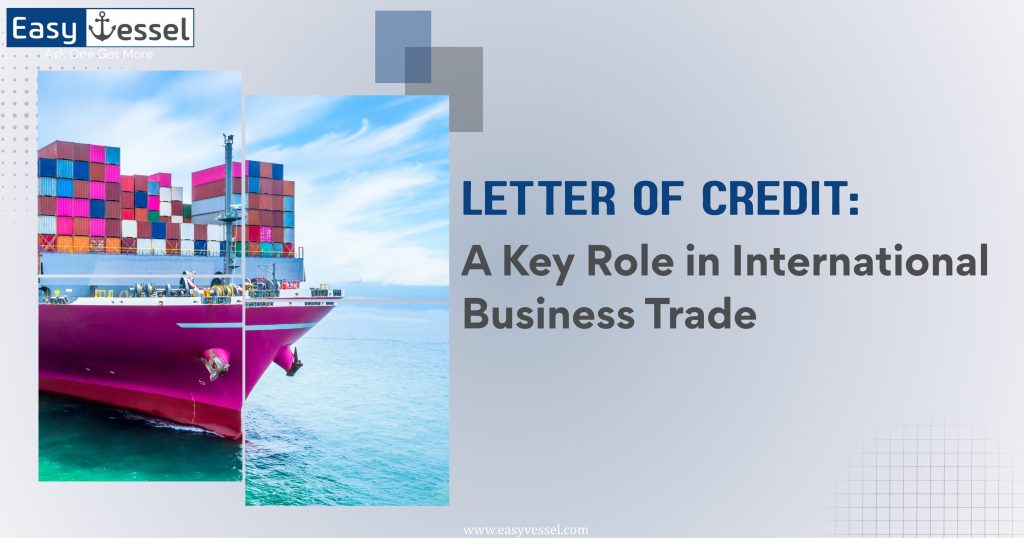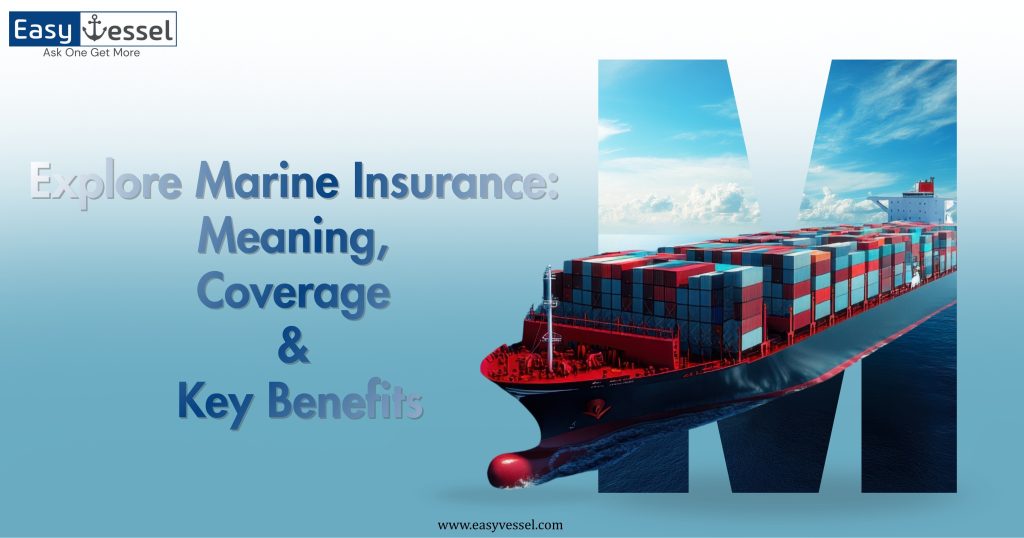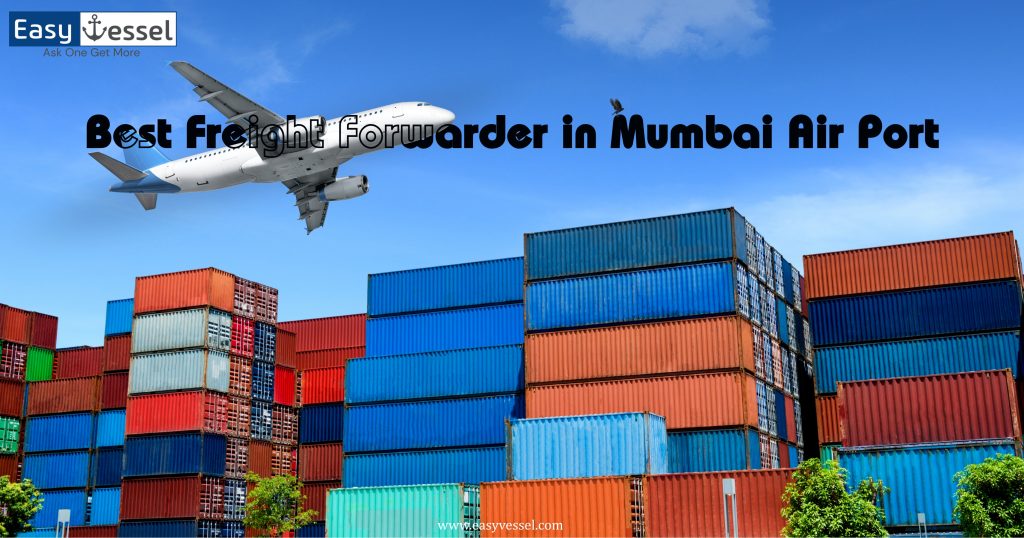When it comes to international trade, choosing the right freight forwarder can make all the difference between smooth shipping and costly delays. For businesses dealing with exports or imports through the Ports of Auckland, working with a reliable partner is essential. The Auckland port is one of the busiest gateways in the Port of New Zealand, handling thousands of containers, bulk cargo, and specialized shipments every year. With such heavy traffic, selecting the best freight forwarder in the Port of Auckland ensures your goods move efficiently, cost-effectively, and in compliance with all regulations.
This blog explores everything you need to know about freight forwarding in Auckland—what it is, why it matters, how to select the right provider, and who can give you the most competitive freight charges.
Understanding Freight Forwarding
At its core, freight forwarding is the process of organizing shipments for individuals or businesses from one destination to another. Unlike a carrier, a freight forwarder does not typically move the cargo itself. Instead, they act as an intermediary between shippers and carriers, leveraging their expertise, networks, and knowledge of logistics to ensure goods are transported smoothly.
A freight forwarder handles a wide range of responsibilities, such as:
- Negotiating with shipping lines and airlines for better freight charges
- Consolidating shipments to reduce costs
- Managing customs documentation and compliance
- Tracking shipments across multiple transport modes
- Offering additional services such as warehousing and insurance
When shipping goods through the Auckland port, having an experienced freight forwarder can eliminate guesswork and reduce risks, particularly when navigating the complexities of international trade.
Why Ports of Auckland Matter in Freight Forwarding
The Ports of Auckland are more than just a shipping hub; they are a vital part of New Zealand’s economy. According to Wikipedia, the port is owned by the Auckland Council and serves as the region’s principal international gateway. Each year, the port contributes significantly to New Zealand’s GDP by handling imports, including cars, oil, and manufactured goods, while also supporting the country’s exports of dairy, meat, and forestry products.
In fact, the port operates across several facilities, including the Waitematā seaport and the inland freight hub at Wiri, which connects to key road and rail networks. This integrated system enables cargo to move more efficiently across the country, making the Auckland port the backbone of New Zealand’s supply chain.
According to Wikipedia, the port handles approximately 31% of New Zealand’s container trade and is responsible for moving millions of tonnes of freight annually. It also serves as a significant point for automobile imports, cement, and bulk goods, making it a crucial link in the country’s economy.
Key highlights of the Auckland port include:
- Container Handling: The port processes millions of containers annually, supporting both import and export activities.
- Modern Infrastructure: Equipped with advanced cranes, warehouses, and logistics systems to ensure fast turnaround.
- Strategic Location: Situated near industrial zones and distribution networks, making it an ideal location for businesses.
For companies operating in or through the Port of Auckland, the port’s efficiency is critical. However, due to the sheer volume of shipments, businesses require freight forwarding services to coordinate transportation, paperwork, and customs clearance.
Freight Forwarding Charges Meaning
One of the most common concerns shippers have is about freight forwarding charges. Understanding these costs is essential to avoid unexpected expenses. So, what do freight forwarding charges actually mean?
Typically, freight forwarding charges include:
- Transportation Costs: Payments to carriers (shipping lines, airlines, trucking firms) for moving the cargo.
- Documentation Fees: Costs of preparing bills of lading, customs declarations, and other paperwork.
- Customs Duties & Taxes: Fees imposed by governments depending on the type of cargo.
- Warehousing & Handling: Storage, packing, and container handling services.
- Insurance: Optional but highly recommended to protect goods in transit.
Since these charges vary by destination, weight, and mode of transport, working with experienced freight forwarding companies in NZ ensures transparency and the ability to negotiate the best deals.
Read More: Best Freight Forwarder in Felixstowe Port
Freight Forwarding Companies NZ: Why Local Expertise Matters
New Zealand has many players in the freight forwarding industry, but not all of them specialize in handling shipments through the Auckland port. Local expertise is crucial because regulations, customs processes, and infrastructure vary across regions.
The benefits of choosing freight forwarding companies in NZ include:
- Familiarity with the Port of Auckland: Local companies know how to handle port-specific procedures and schedules.
- Strong Carrier Relationships: They maintain partnerships with shipping lines that frequently operate in and out of New Zealand.
- Regulatory Knowledge: They stay updated with New Zealand’s trade laws, tariffs, and compliance requirements.
- Customer Support: With offices and representatives in New Zealand, they provide better accessibility for businesses.
Whether you are an exporter shipping dairy products or an importer bringing in industrial machinery, working with the right local freight forwarder can save time and reduce unnecessary costs.
How to Choose the Best Freight Forwarder in the Port of Auckland
Selecting the best freight forwarder in the Port of Auckland requires careful evaluation and consideration. Here are some factors to consider:
1. Experience with Your Cargo Type
Different goods require different handling. Perishable goods, such as seafood, require cold-chain logistics, while heavy machinery necessitates specialised transportation. Ensure the freight forwarder has proven experience with your cargo category.
2. Transparent Freight Charges
Ask for a detailed breakdown of costs to avoid hidden fees. Reliable freight forwarders clearly explain the freight forwarding charges and provide competitive pricing.
3. Global Network
Since the Auckland port connects to international markets, your freight forwarder should have strong global partnerships with shipping lines, airlines, and overseas agents.
4. Customs Compliance
Customs clearance can be complicated. A good freight forwarder ensures documents are accurate, duties are paid, and regulations are met—helping you avoid penalties or delays.
5. Technology and Tracking
Modern freight forwarding services include shipment tracking, digital documentation, and proactive updates. This transparency enables businesses to monitor cargo in real-time.
6. Customer Service
A friendly, professional, and accessible support team makes problem-solving much easier. Look for companies that provide personalized assistance.
Read More: Why Customer Satisfaction is the Backbone of Logistics Success
The Role of Technology in Freight Forwarding
In recent years, technology has transformed the freight forwarding industry. Businesses shipping through the Ports of Auckland can now benefit from:
- Digital Freight Platforms: Tools that compare freight charges from multiple carriers instantly.
- Real-Time Tracking: GPS and cloud systems that update cargo status.
- Automated Documentation: Reducing errors and speeding up customs clearance.
- AI-Based Forecasting: Helping companies predict shipping costs and avoid delays.
These innovations make freight forwarding services more reliable and cost-effective than ever. Choosing a forwarder that leverages technology ensures your goods are in safe hands.
Challenges in Freight Forwarding at Auckland Port
While the Auckland port is highly efficient, businesses may still face challenges without the right freight forwarder:
- Congestion: Heavy traffic can cause delays in container unloading.
- Regulatory Changes: New Zealand frequently updates trade rules, which can affect customs clearance.
- Rising Freight Charges: Global economic fluctuations can impact rates.
- Limited Warehousing Space: Storage availability can be particularly tight during peak seasons.
Having a reliable freight forwarder helps businesses overcome these hurdles by offering flexible solutions and alternative routing strategies.
Benefits of Using Freight Forwarding Services
Engaging a professional freight forwarder at the Port of New Zealand brings significant advantages:
- Cost Savings: Through consolidation and negotiation, they reduce freight charges.
- Efficiency: They streamline customs and port procedures.
- Flexibility: They provide multiple shipping options (sea, air, land).
- Risk Management: Insurance and compliance reduce financial risks.
- Focus on Core Business: Companies can concentrate on growth while leaving logistics to experts.
This is why businesses in New Zealand, whether SMEs or large corporations, rely heavily on freight forwarding services.
Final Thoughts: Finding the Best Freight Forwarder in the Port of Auckland
Choosing the best freight forwarder in the Port of Auckland is about more than just moving goods—it’s about building trust, ensuring reliability, and achieving long-term cost savings. With the Auckland port playing such a central role in New Zealand’s economy, businesses need freight partners who understand the unique challenges and opportunities of the region.
Whether you are exploring freight forwarding companies NZ for the first time or looking to switch providers, always consider experience, transparency, global networks, and customer support before making your decision.
EasyVessel: Your Trusted Logistics Provider
If you’re an exporter or importer looking for the best freight forwarder in the Port of Auckland, EasyVessel offers a more innovative solution. Instead of relying on a single company, EasyVessel connects you with multiple freight forwarders, allowing you to compare and secure the most competitive freight rates. This not only ensures cost efficiency but also provides flexibility to choose a service that best fits your shipment needs.
As a modern logistics provider, EasyVessel combines technology, industry expertise, and a customer-focused approach to help businesses succeed in global trade. By simplifying the process and offering access to a vast network, EasyVessel ensures that your shipping experience through the Port of New Zealand remains seamless and cost-effective.
Reference:
Port of Auckland by Wikipedia [1].
Frequently Asked Questions
The main port in Auckland is the Ports of Auckland, located on the Waitematā Harbour. It serves as the city’s central seaport, handling container shipping, bulk cargo, and automobile imports. It is considered New Zealand’s busiest gateway for international trade.
While several ports play key roles in New Zealand’s economy, the Ports of Auckland is among the largest in terms of container trade. However, Port of Tauranga is officially recognised as the country’s largest port by total cargo volume and overall throughput.
Auckland primarily has one main commercial port, the Ports of Auckland, but it operates across multiple facilities. These include the central seaport on the Waitematā Harbour and supporting inland freight hubs, such as the one at Wiri, which connects road and rail transport.
The Ports of Auckland operate several specialised terminals, including a container terminal, a multi-cargo terminal, and facilities for handling bulk goods and vehicles. These terminals are equipped with modern infrastructure to manage various types of cargo efficiently.
The Port of Auckland is highly versatile and equipped for a wide variety of cargo types. It can manage containerized freight, bulk goods, liquid fuels, and automobiles—making it suitable for both commercial and consumer goods.



